来源:小编 更新:2024-10-08 08:10:50
用手机看
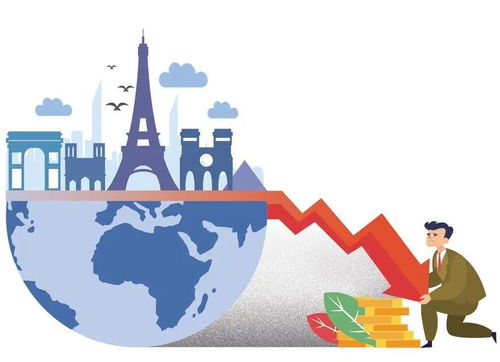
Economic decline, often referred to as a recession, is a phase in the economic cycle where there is a significant slowdown in economic activity. It is characterized by a decrease in the production of goods and services, a rise in unemployment, and a general decrease in consumer spending. Understanding the causes, effects, and potential remedies of economic decline is crucial for policymakers, businesses, and individuals alike.

Several factors can contribute to economic decline. Some of the common causes include:
Excess Supply: When there is an oversupply of goods and services in the market, prices tend to fall, leading to reduced profits for businesses and a decrease in production.
Consumer Confidence: A decline in consumer confidence can lead to reduced spending, as consumers become more cautious about their financial future.
Investment Decline: A decrease in investment can be caused by various factors, such as high interest rates, uncertainty in the market, or a lack of confidence in the economy.
External Shocks: External factors, such as a global financial crisis or a natural disaster, can also lead to economic decline.

Economic decline has several negative effects on a country's economy and its citizens:
Unemployment: As businesses reduce production, they may lay off workers, leading to a rise in unemployment rates.
Reduced Consumer Spending: With less income, consumers may cut back on their spending, further reducing economic activity.
Lower Incomes: Workers who remain employed may see their wages decrease as businesses try to cut costs.
Increased Debt: Both individuals and businesses may take on more debt to cope with the economic downturn, which can lead to financial instability.
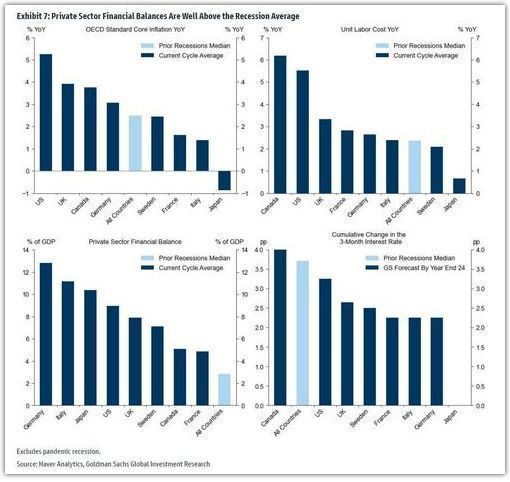
Economic decline can be measured using various indicators, such as:
Gross Domestic Product (GDP): A decrease in GDP indicates a decline in economic activity.
Unemployment Rate: An increase in the unemployment rate reflects the number of people who are unable to find work.
Consumer Spending: A decrease in consumer spending indicates a decline in consumer confidence and economic activity.
Business Investment: A decrease in business investment suggests that businesses are cautious about the future and are not willing to invest in new projects.
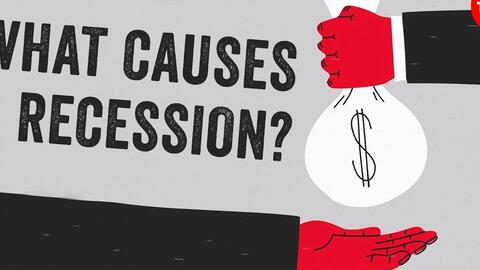
Addressing economic decline requires a combination of short-term and long-term measures:
Monetary Policy: Central banks can lower interest rates to encourage borrowing and investment.
Fiscal Policy: Governments can increase public spending or cut taxes to stimulate economic activity.
Structural Reforms: Long-term structural reforms can improve the competitiveness of the economy and create jobs.
International Cooperation: Countries can work together to address global economic challenges and stabilize the global economy.
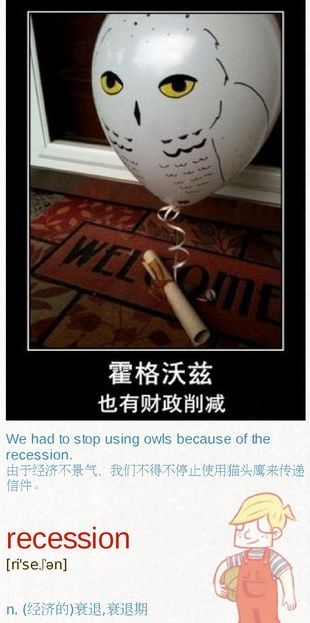
Economic decline is a challenging phase in the economic cycle, but it can be managed through a combination of effective policies and international cooperation. By understanding the causes, effects, and potential remedies of economic decline, policymakers, businesses, and individuals can better navigate through these difficult times and work towards a stronger and more resilient economy.
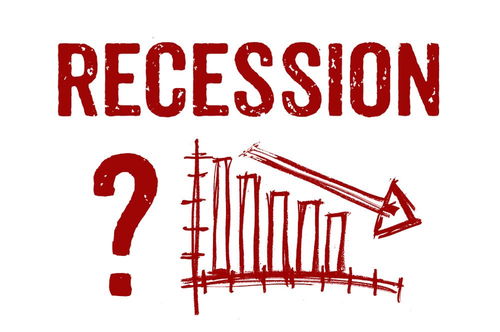
economic decline, recession, causes, effects, remedies, GDP, unemployment, consumer spending, monetary policy, fiscal policy